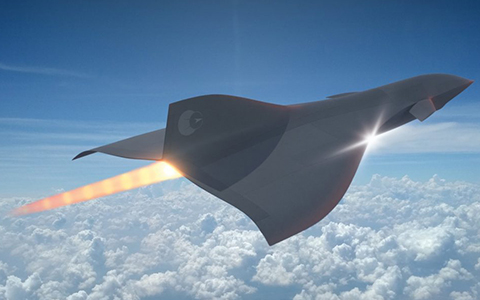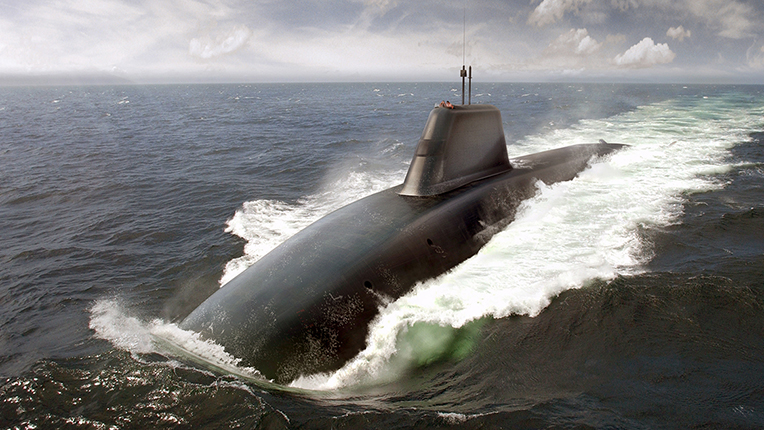
Photo Source: rolls-royce.com
British engineering giant Rolls-Royce is emerging as a central force in the UK’s expanding defense ecosystem, with major roles confirmed in two landmark military projects: the AUKUS submarine pact and the Tempest/GCAP sixth-generation fighter jet program.
The company, best known globally for its high-end aerospace engines and luxury automobiles, is now doubling down on its defense commitments. As part of the AUKUS alliance between the UK, the US, and Australia, Rolls-Royce has been entrusted with the responsibility of supplying nuclear propulsion systems for a new generation of submarines to be deployed under the trilateral security agreement.
These submarines, set to be developed and deployed over the next decade, will use Rolls-Royce-built nuclear reactors designed in Derby, England. The company’s deep expertise in nuclear technology—already in use in Royal Navy’s Astute and Vanguard-class submarines—is a key asset in ensuring the strategic independence and technological superiority of the UK and its allies in underwater defense.
Simultaneously, Rolls-Royce is a core partner in the Global Combat Air Programme (GCAP), formerly known as Tempest—a next-generation stealth fighter being jointly developed by the UK, Italy, and Japan. The Tempest fighter is expected to be operational by the mid-2030s and will be powered by a revolutionary propulsion system co-developed by Rolls-Royce, incorporating advanced thrust vectoring, thermal management, and hybrid-electric technologies.

The twin projects represent not just cutting-edge defense innovation, but also a major economic boost. According to defense analysts, these contracts could secure tens of thousands of British engineering jobs, contribute significantly to UK GDP, and further establish Rolls-Royce as a linchpin in the global defense supply chain.
Speaking at the Paris Air Show 2025, Rolls-Royce CEO Tufan Erginbilgic emphasized the importance of sustained investment and government collaboration. “The AUKUS submarines and Tempest fighter program are not only critical to national defense but also to Britain’s technological leadership and industrial strength,” he said.
With the UK committing an additional £15 billion to defense spending, companies like Rolls-Royce are poised to benefit significantly. While commercial aviation and civil aerospace remain strong revenue drivers, the company’s growing role in strategic military infrastructure is positioning it as a key player in shaping the future of global security.
As geopolitical tensions rise and defense alliances deepen, Rolls-Royce’s innovation engine is running at full throttle—not just in the skies, but under the seas too.


